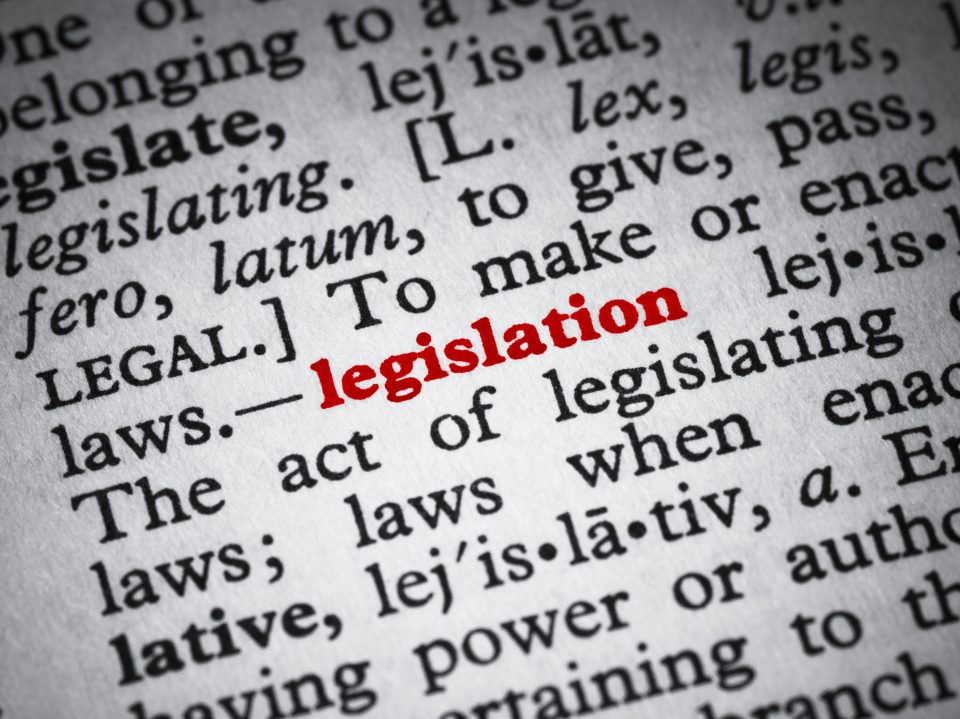A: Franchising is a popular business model for budding entrepreneurs who wish to be in business for themselves, but not necessarily by themselves. Never has the security and support offered by franchising been more attractive than in our current global pandemic, where economic uncertainty and business risks abound. Added security is provided to would-be franchisees through provincial franchise legislation. On September 1, 2020, the Ontario government enacted certain long awaited amendments to the Ontario franchise legislation, the Arthur Wishart Act (Franchise Disclosure), 2000 (the “AWA”) and O. Reg. 581/00 (the “Regulation”) (collectively the “Ontario Act”), which clarified several provisions and better aligned the Ontario Act with franchise legislation in the other five regulated provinces. The following is a summary of some of the main amendments to the Ontario Act.
Carve Out for Confidentiality, Site Selection, and Deposit Agreements
Under section 5(1) of the AWA, franchisors are obligated to provide prospective franchisees with a franchise disclosure document not less than 14 days before the earlier of, (i) the of the franchise agreement or any other agreement relating to the franchise; and (ii) the payment of any consideration by or on behalf of the prospective franchisee to the franchisor. Under the new amendments a franchisor’s obligation to disclose will no longer be triggered by the following common, preliminary business interactions:
- the signing a non-disclosure or confidentiality agreement that only requires that information or material provided to the prospective franchisee be kept confidential;
- the signing an agreement that only designates a location, site, or territory for the prospective franchisee; and
- the payment of a deposit that (i) does not exceed 20 per cent of the franchise fee, up to a maximum of $100,000; (ii) is refundable without any deductions; and (iii) is given under an agreement that in no way binds the prospective franchisee to enter into a franchise agreement.
Statements of Material Change
Section 5(5) of the AWA requires a franchisor to provide prospective franchisees with a written statement of any “material change” to its disclosure document as soon as practicable after the change has occurred and before the earlier of (i) the signing of the franchise agreement or any other agreement relating to the franchise; and (ii) the payment of any consideration by or on behalf of the prospective franchisee to the franchisor.
As with the disclosure document, amendments to section 5(5) now clarify that franchisors will not be required to provide a statement of material change if only the types of agreements detailed in bullets (1), (2) and (3) above have been executed.
Additionally, franchisors will now be required to include a franchisor’s certificate, similar to the one required for disclosure documents, when issuing a statement of material change.
Franchisor Disclosure Exemptions
Section 5(7) of the AWA provides franchisors with certain exemptions to their obligation to provide a disclosure document to prospective franchisees, a number of which have now been amended to provide further clarity.
Director and Officer Exemption
Section 5(7)(b), previously exempted franchisors from their disclosure obligation when granting a franchise to a person for that person’s own account if that person was an officer or director of the franchisor or of the franchisor’s associate for at least six months. Amendments now extend the exemption to a person or a corporation controlled by a person who (i) has been a director or officer of the franchisor or franchisor’s associate for at least six months and occupies such position at the time of the disclosure obligation; or (ii) was a director or officer for at least six months and not more than four months have passed since the person held such position.
“Store Within Store” – The “Fractional Franchise” Exemption
Section 5(7)(e), the “store within a store” or “fractional franchise” exemption applies where a franchise is granted to a person who operates it within an existing business owned by that person, and the total sales generated by the franchise are not expected to exceed 20 per cent of the existing business’ total combined sales. It was not clear, however, if the 20 per cent sales cap applied over the life of the fractional franchise or just in the first year of operations. The amendment now clarifies that the applicable period is the first year of operation.
Small Investor / Large Investor Exemption
The Small Investor Exemption available under section 5(7)(g)(i) of the AWA, applied if the prospective franchisee’s “total annual investment” did not exceed $5,000. The amendments increased the investment threshold to $15,000 and changed the relevant investment period from “total annual investment” to “total initial investment.”
The Large Investor Exemption contained in section 5(7)(h), was available where the prospective franchisee was investing more than $5,000,000 to acquire and operate the franchise over a one-year period. The new amendments reduced the financial threshold to $3,000,000 and adopted the “total initial investment” as the relevant investment period.
Amendments to the Regulation provide further clarity by defining expenses included in calculating the “total initial investment.”
Financial Statements
Finally, amendments to the Regulation have expanded the scope of permissible audit and review engagement accounting standards for preparation of a franchisor’s financial statements to include Canadian, American, or acceptable international standards.
The recent amendments to the Ontario Act represent positive, long awaited changes that clarified several ambiguities, addressed practical business realities and better harmonized the Ontario Act with existing franchise legislation in the other five regulated provinces.
Helen Fotinos
National Lead, Franchising and Distribution
Dentons Canada LLP
helen.fotinos@dentons.com

